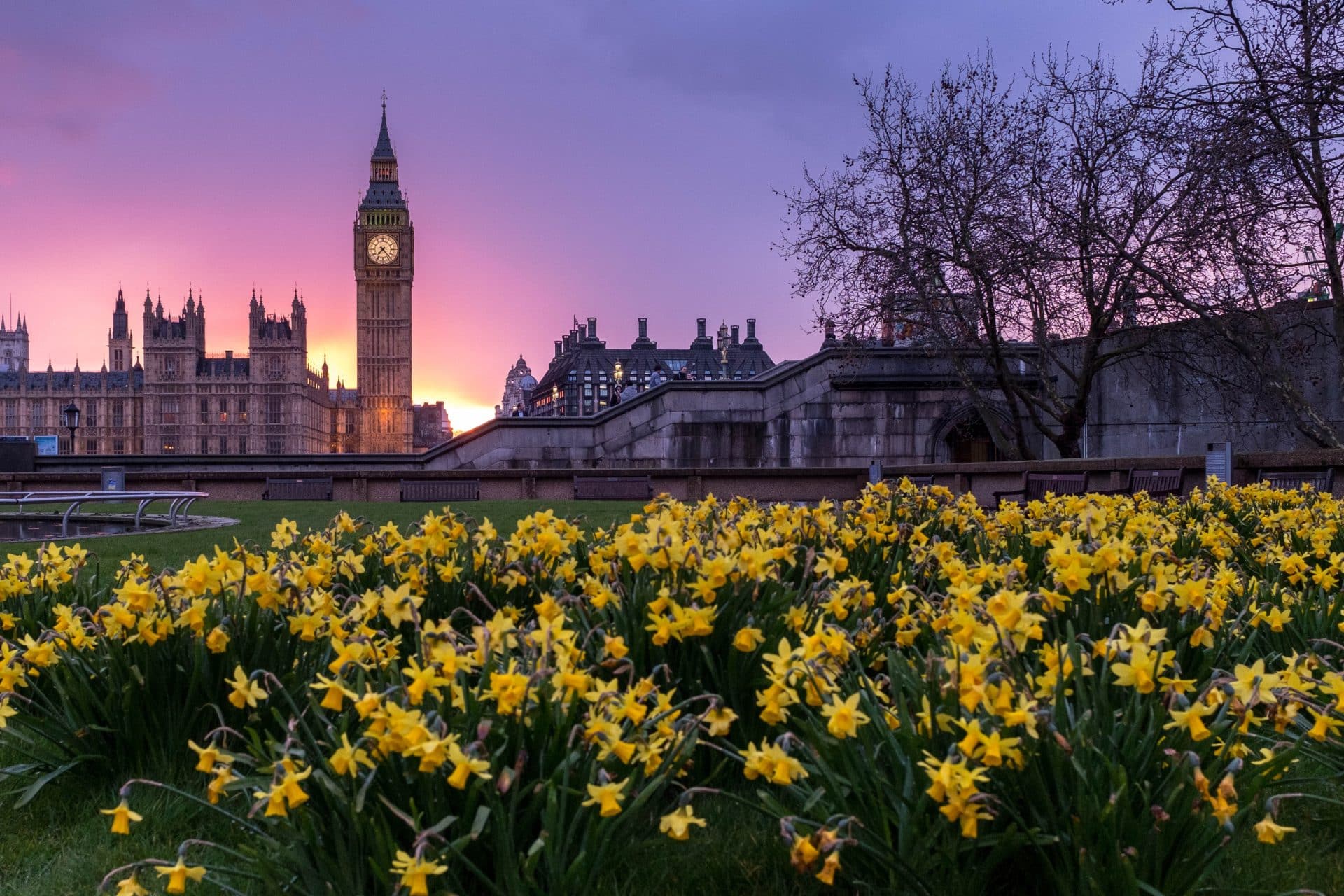An Isis-affiliated terror group have released a video purporting to show the beheadings of 21 Egyptian Christians. It shows a group wearing orange jumpsuits, being forced to the ground and then decapitated on a beach, believed to be near Tripoli.
The men are all Coptic Christians, labourers rounded up from Sirte in December and January. A caption labels the victims “people of the cross, followers of the hostile Egyptian church”.
The men are made to kneel and one militant, dressed differently to the others, addresses the camera in North American-accented English. “All crusaders: safety for you will be only wishes, especially if you are fighting us all together. Therefore we will fight you all together,” he said. “The sea you have hidden Sheikh Osama Bin Laden’s body in, we swear to Allah we will mix it with your blood.” The men are then laid face-down and simultaneously beheaded.The militant speaker then points northward and says, “We will conquer Rome, by Allah’s permission.”
Yesterday’s statement by His Grace Bishop Angaelos, General Bishop of the Coptic Orthodox Church in the United Kingdom, reads:
“It is with deep feelings of sorrow and pain that we received confirmation earlier this evening of the brutal murder of Coptic Christians in Libya at the hands of Daesh (IS). While every life is sacred and every death tragic, the particular brutality demonstrated in this instance and others like it shows not only a disregard for life but a gross misunderstanding of its sanctity and equal value in every person.
Our prayers are particularly with the families of these young Coptic men, who were fathers, brothers, sons and friends of many within their tight-knit rural communities, in which their absence will cause significant loss and sorrow. Their families are not only deprived of breadwinners who had travelled to Libya to support them, but of the joy that they bring when they return.
While it may seem illogical or incomprehensible, we also pray for those who have carried out these horrific crimes, that the value of God’s creation and human life may become more evident to them, and in this realisation, that the wider effects of pain brought by this and other acts of brutality may be realised and avoided. We pray for an end to the dehumanisation of captives who become mere commodities to be bartered, traded and negotiated with.
We cannot remember our Coptic brothers without also remembering all those who have lost their lives in equally brutal circumstances: journalists, aid workers, medical staff, religious leaders, a young pilot and communities that are considered incompatible with a fringe and intolerant element.
In the midst of this sorrow however, we must continue to dig deeper for the joy that comes from an understanding that this life is but a “vapour that appears for a little time and then vanishes away” (James 4:14), and that true glory and joy are found in an eternal life prepared for all those who live in and for love and peace.
It is only through this understanding that we can continue to live according to the words of 1 Peter 3:15 as demonstrated in the life and witness of the Coptic Church and her children over centuries, “…always be ready to give a defense to everyone who asks you a reason for the hope that is in you…”

